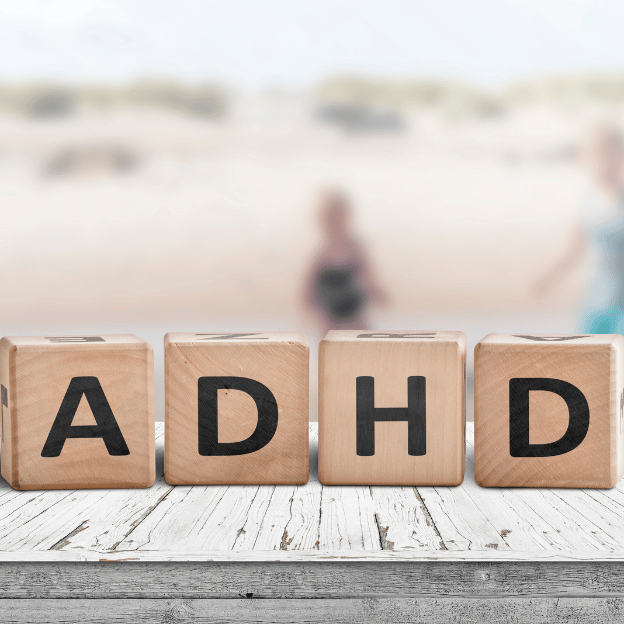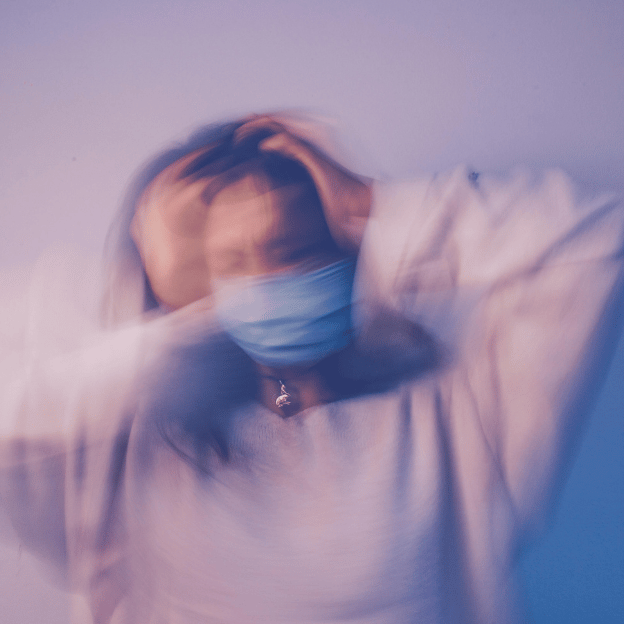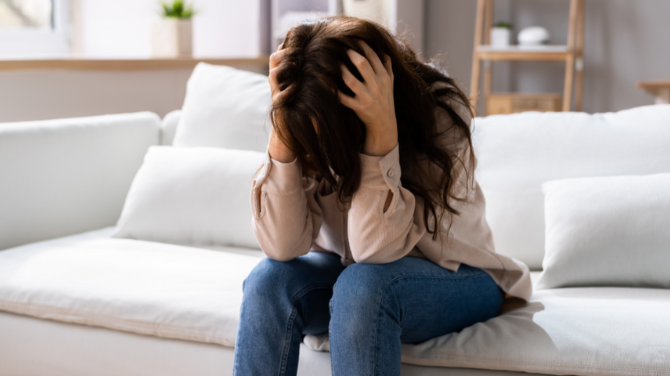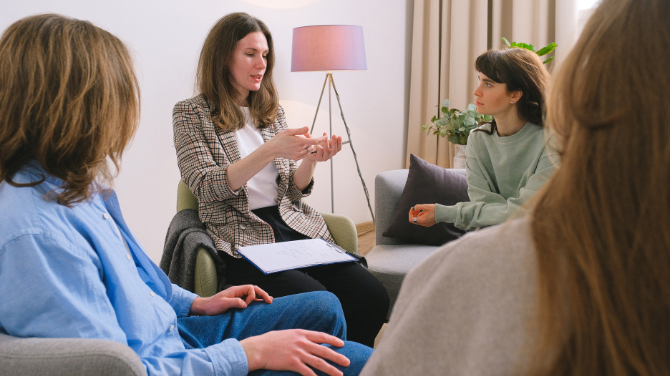How Combining Therapy and Medication Leads to Anxiety Success
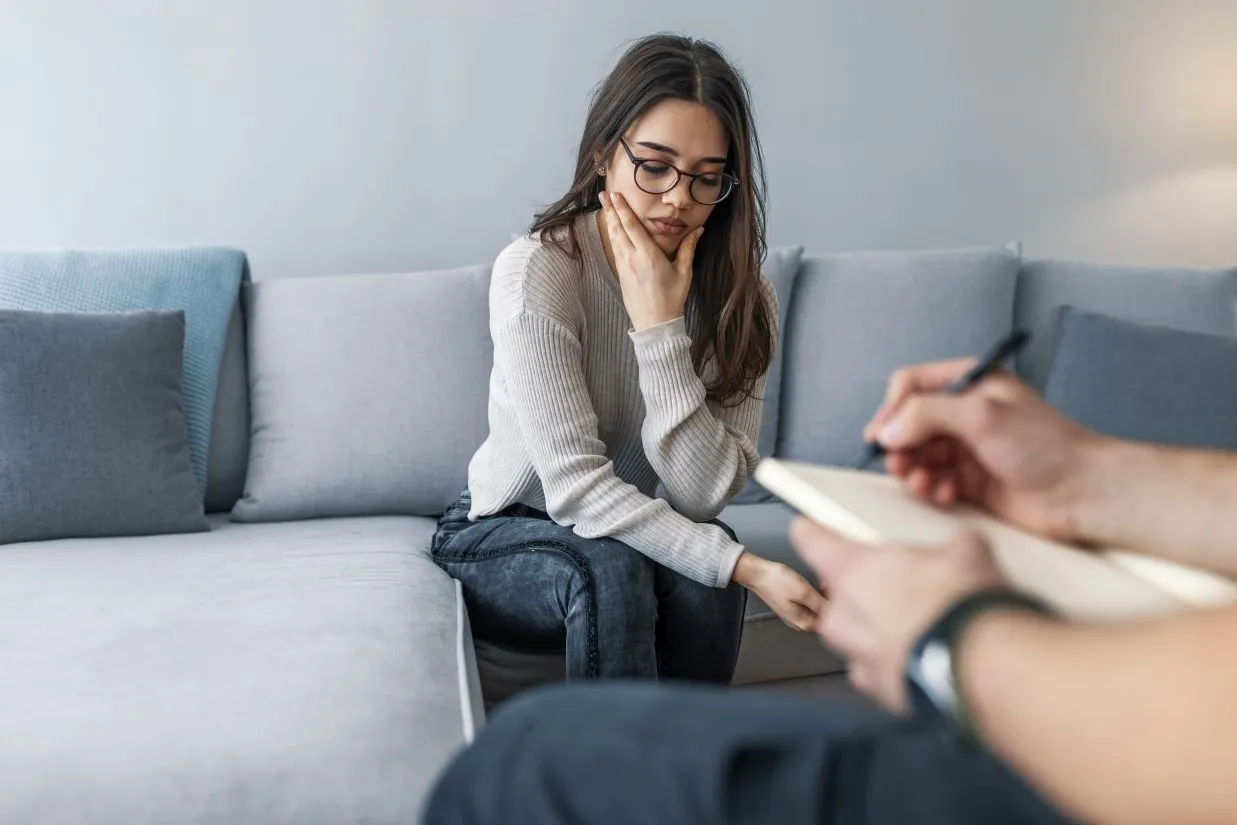
Strong 8k brings an ultra-HD IPTV experience to your living room and your pocket.
Anxiety disorders are among the most common mental health conditions, affecting millions of individuals worldwide. From generalized anxiety disorder (GAD) to panic disorder and social anxiety, the emotional toll of persistent worry, fear, and nervousness can be debilitating. But there's hope. The combination of therapy and medication has been consistently shown to offer the most effective path to recovery. This comprehensive approach treats both the symptoms and the root causes of anxiety, allowing individuals to regain control of their lives.
The Nature of Anxiety
To understand how therapy and medication can help, it’s essential to first grasp what anxiety is. Anxiety is more than occasional stress or fear. It's a chronic condition characterized by excessive worry that interferes with daily activities. Physical symptoms such as rapid heartbeat, sweating, fatigue, and insomnia often accompany mental distress, making anxiety a holistic issue requiring a holistic solution.
Why One Size Doesn't Fit All
Every person's experience with anxiety is unique. Some may experience mild symptoms that respond well to lifestyle changes and talk therapy, while others face severe, life-altering symptoms that demand medical intervention. This variation underscores the importance of a personalized treatment plan.
The Power of Therapy
Psychotherapy, particularly cognitive-behavioral therapy (CBT), is a cornerstone in the treatment of anxiety. CBT helps individuals identify and challenge negative thought patterns that fuel anxiety. By replacing irrational fears with realistic perspectives, patients can gradually reduce their symptoms.
Other Forms of Therapy
Exposure Therapy: Gradual exposure to feared objects or situations helps desensitize anxiety responses.
Acceptance and Commitment Therapy (ACT): Encourages individuals to accept their anxiety and commit to actions aligned with their values.
Mindfulness-Based Stress Reduction (MBSR): Uses meditation and body awareness to reduce stress.
Therapy fosters long-term coping mechanisms and emotional resilience, making it an invaluable part of any anxiety treatment plan.
The Role of Anxiety Medication
While therapy addresses the root causes anxiety medication often provides symptom relief, making it easier to engage in therapeutic work. Medications commonly used for anxiety include:
Selective Serotonin Reuptake Inhibitors (SSRIs): Such as sertraline and fluoxetine, which increase serotonin levels in the brain.
Serotonin-Norepinephrine Reuptake Inhibitors (SNRIs): Like venlafaxine, these balance both serotonin and norepinephrine.
Benzodiazepines: Fast-acting but intended for short-term use due to the risk of dependence.
Beta-blockers: Often used for performance anxiety.
Each medication comes with potential side effects, and finding the right fit may take time. Consulting a qualified healthcare provider is crucial in managing this process.
The Synergy of Combining Therapy and Medication
Using therapy and medication in tandem creates a powerful synergy. Medications can provide immediate relief, stabilizing mood and reducing acute symptoms. This stability allows patients to more effectively engage in therapy, where they can develop tools to address the root causes of their anxiety.
Benefits of the Combined Approach:
Faster Symptom Relief: Medication can quickly ease symptoms while therapy builds long-term resilience.
Improved Functioning: Reduced symptoms mean better performance at work, school, and in relationships.
Lower Relapse Rates: Combining treatments has been shown to lower the risk of relapse compared to using one approach alone.
Accessing Help: Therapy and Anxiety Meds Online
In today’s digital age, access to mental health resources has never been easier. Many reputable platforms now offer therapy and prescribe anxiety meds online making help more accessible for people in remote or underserved areas.
Telehealth has removed barriers such as travel time and stigma. Individuals can consult with therapists and doctors from the privacy of their own homes. Services offering anxiety medication online typically require a comprehensive evaluation to ensure safe and effective treatment.
Finding the Right Support System
Success in treating anxiety isn’t just about the clinical aspect; it’s also about having the right support system. Friends, family, support groups, and online communities can provide emotional backing and shared experiences that promote healing.
Tips for Building a Support Network:
Join local or online anxiety support groups.
Communicate openly with trusted friends or family.
Don’t hesitate to lean on your therapist for guidance in building social support.
Lifestyle Enhancements for Better Outcomes
Combining therapy and medication yields powerful results, but integrating healthy habits enhances recovery even further. Consider the following lifestyle changes:
Regular Exercise: Reduces stress hormones and boosts mood-enhancing endorphins.
Nutritious Diet: A balanced diet supports brain health.
Sleep Hygiene: Quality sleep is crucial for emotional regulation.
Mindfulness and Meditation: Enhances present-moment awareness and calm.
These habits, when practiced consistently, support the mental and physical resilience needed to manage anxiety long term.
Final Thoughts
There is no magic bullet for anxiety, but combining therapy and medication offers one of the most effective strategies for recovery. It addresses both the symptoms and the underlying causes, helping individuals not just survive, but thrive. With options to access therapy and anxiety meds online, getting the help you need has never been more convenient. If you're struggling, remember: seeking support is a sign of strength, not weakness. You deserve a life defined not by fear, but by peace and possibility.
Note: IndiBlogHub features both user-submitted and editorial content. We do not verify third-party contributions. Read our Disclaimer and Privacy Policyfor details.



